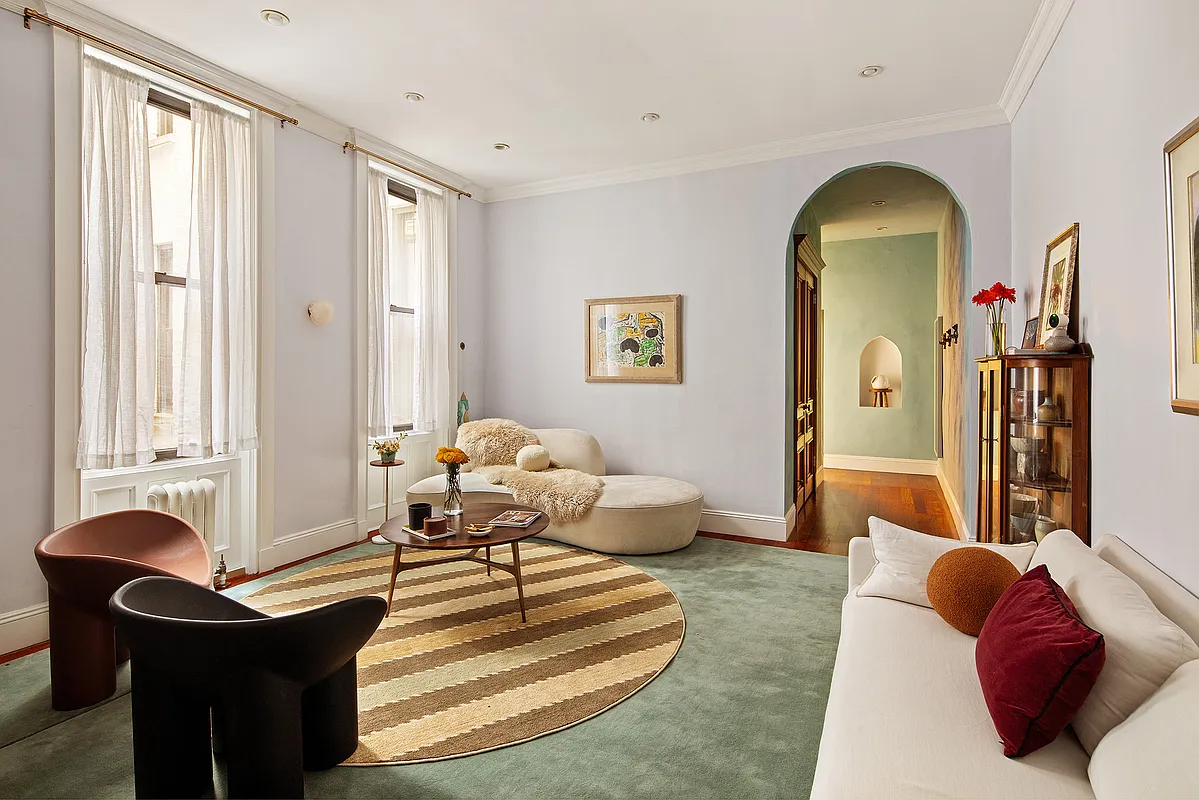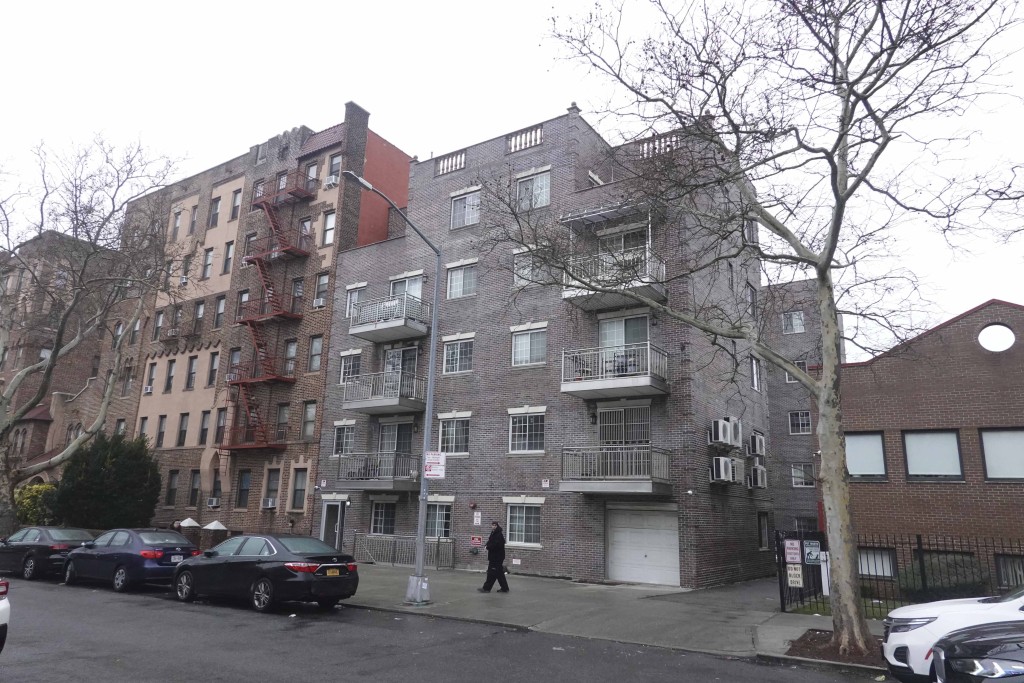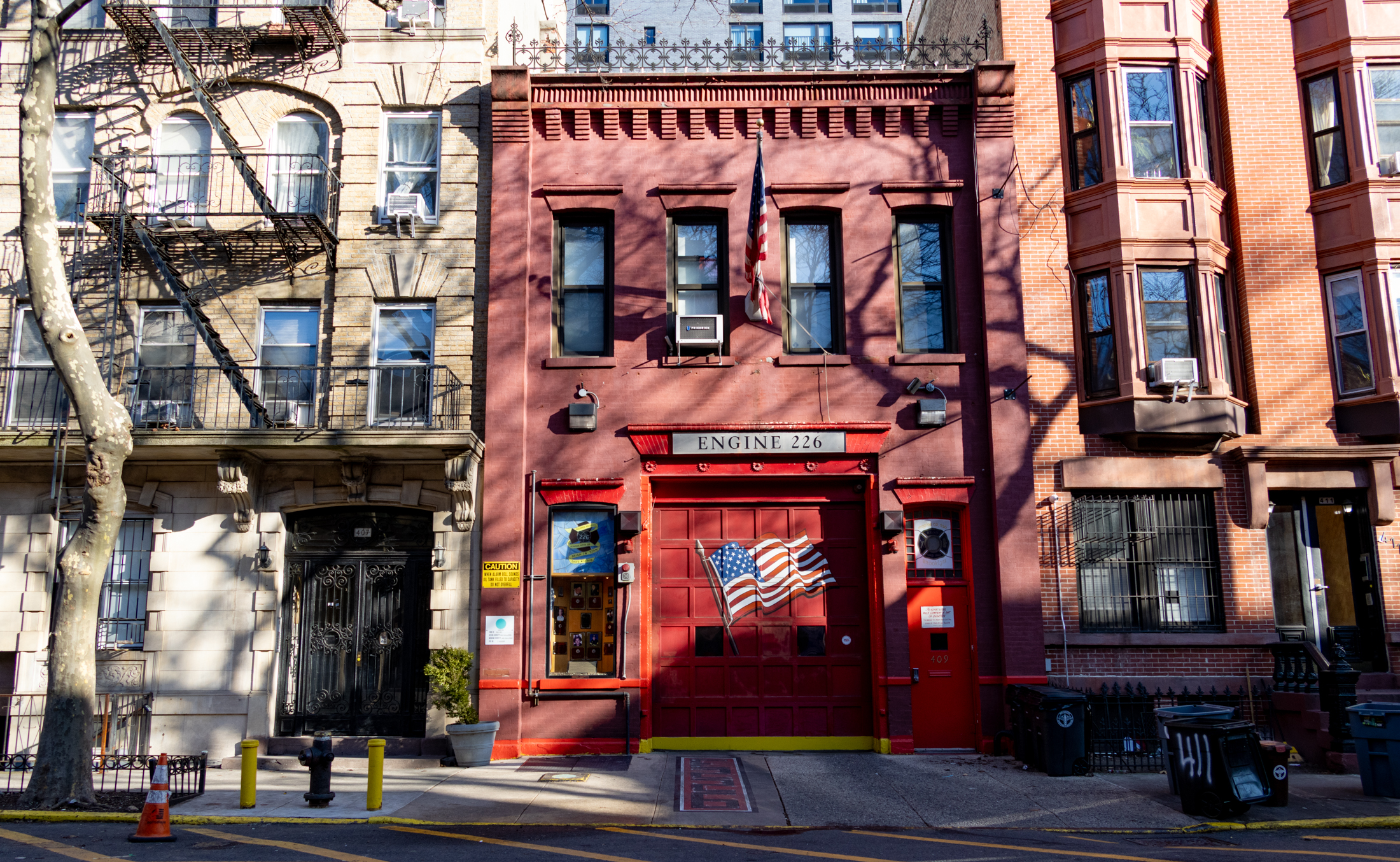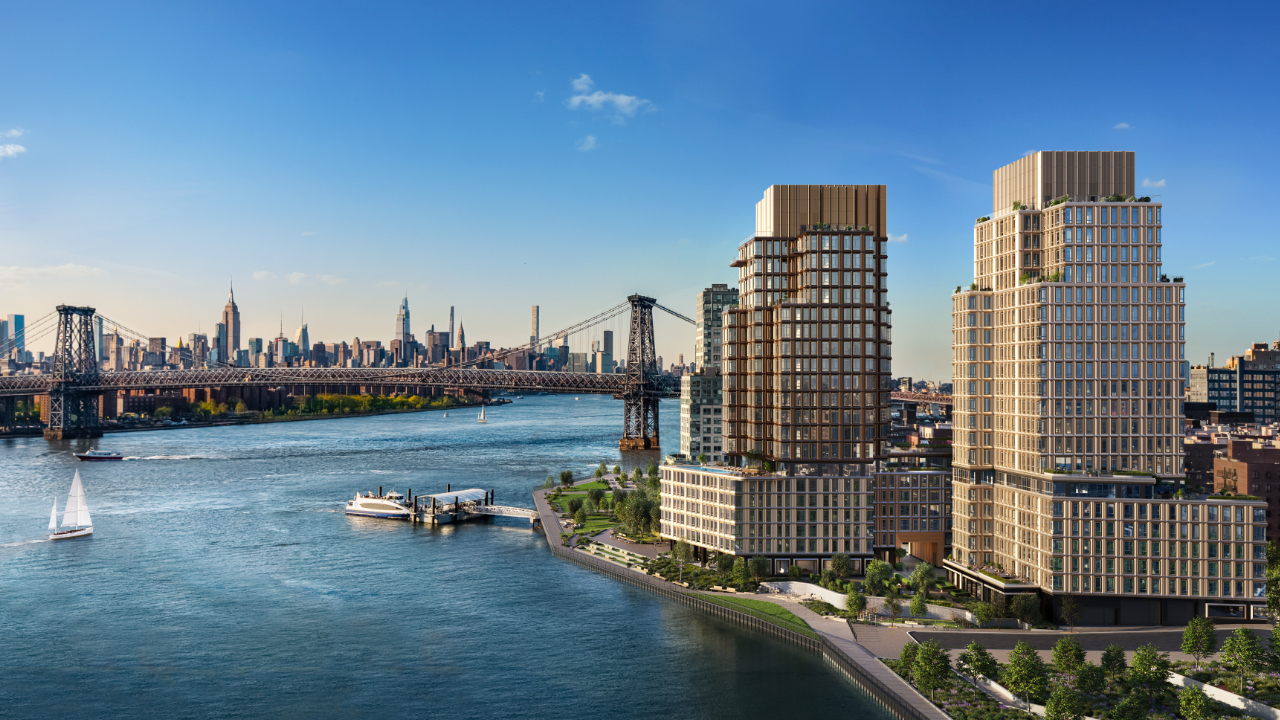New Rules for First-time Home Buyers
The New York Times this weekend joined throngs of other analysts and media outlets in pointing out that there are multiple culprits to the financial collapse that is now a year old—and that we, in addition to bankers and brokers or lax government officials, are partly to blame. People had fallen into the habit of…

 The New York Times this weekend joined throngs of other analysts and media outlets in pointing out that there are multiple culprits to the financial collapse that is now a year old—and that we, in addition to bankers and brokers or lax government officials, are partly to blame. People had fallen into the habit of stretching their finances to buy as much house as possible for their first-time buy, the Times says, and the paper offers seven new rules of buying to replace this and other unreliable maxims of real estate. It begins with the basics—put 20 percent down, get a fixed-rate mortgage, and don’t spend more than 35 percent of your pretax income on your mortgage, property tax, and home insurance—and continues with more detailed advice such as mapping out your expenses and forecasting your future income. It’s more than we can reproduce here, but the full article is worth a read.
The New York Times this weekend joined throngs of other analysts and media outlets in pointing out that there are multiple culprits to the financial collapse that is now a year old—and that we, in addition to bankers and brokers or lax government officials, are partly to blame. People had fallen into the habit of stretching their finances to buy as much house as possible for their first-time buy, the Times says, and the paper offers seven new rules of buying to replace this and other unreliable maxims of real estate. It begins with the basics—put 20 percent down, get a fixed-rate mortgage, and don’t spend more than 35 percent of your pretax income on your mortgage, property tax, and home insurance—and continues with more detailed advice such as mapping out your expenses and forecasting your future income. It’s more than we can reproduce here, but the full article is worth a read.
Seven New Rules for the First-Time Home Buyer [NY Times]
Photo by triada53





DH, the difference is the bank doesnt want to own the real estate and take the price risk in the apartment itself–which is why they want the 20% down, to give them a cushion to do exactly what you say–grab the apt, turn around and sell it. if the mkt isnt moving they should come out basically whole (transaction costs etc would eat up pretty much the whole 20%). A landlord/owner in theory wants to take on the price risk or upside…and is willing to deal with the hassle of housing court
“At least the bank can seize the asset and sell to repay the defaulted loan. ”
How well has that been working out the last year or so?
Another reason banks want people to put 20% down is they don’t want people foolishly overpaying for properties, because when people do and then they default the bank has no chance of getting their money back.
Sigh… Bankers must giggle when reading your some of your comments…
It’s not about the monthly cost, or the nominal price of the property — it’s about total cost of home ownership, and the second biggest portion of that total cost is usually interest payments.
The best ways to reduce interest payments are (1) have a good downpayment and (2) pay more than the monthly minimum on your mortgage especially the first 5 years.
I do agree people should not spend their whole savings on the down payment, which means you really need to save 30% or so of the cost of the property you want to buy.
The one exception I would seriously consider would be young people just at the beginning of a career where they can very reasonably be expected to be making much much more money in 5-10 years (e.g., doctors, dentists, lawyers).
“Plenty of co-op boards will take 10% down. I guess its a question of whether banks will still lend at that amount down…”
But i hear it’s impossible to get PMI now too – so we’re stuck at that 20%
“So to buy a 285,000 co-op (0% down the monthlies would be 1,900 per monthish) I would need to put down 70,000 and probably have to have several thousands more in savings to get a mortgage.”
Plenty of co-op boards will take 10% down. I guess its a question of whether banks will still lend at that amount down…
So to buy a 285,000 co-op (0% down the monthlies would be 1,900 per monthish) I would need to put down 70,000 and probably have to have several thousands more in savings to get a mortgage.
Yet i could waltz out today and get approved for a lease on a 2,000 dollar a month apartment.
Why? Does the bank have more risk than the landlord? At least the bank can seize the asset and sell to repay the defaulted loan. What can a landlord do if you don’t pay rent? I hear NYC housing court is soooo landlord friendly NOT.
I agree with DH, people didn’t get into” trouble about their ability to pay the mortgage because the home’s value went down and they found themselves in a neagitve equity situation. They got into trouble because they couldn’t make the monthly payments. Having savings going into the downpayment is no help at all, because those savings are gone and can’t help you pay the mortgage! Its better to lend to someone who makes a 10% or 5% downpayment and has a year’s worth of mortgage payments saved up in the bank. There’s nothing magical about 20% – its not going to save your arse.
The insanity is alot of people are paying more in rent than they would if they bought a 300k apt. The only thing holding them back is the $60,000 downpayment. So to say someone can’t handle a financial obligation because they were unable to pull 100s of 1,000s of dollars out of their couch cushions is stupid.
Why is everyone focusing on the down payment? Your focus should be on your monthly payment as a percentage of after-tax (take home) income, and liquidity after closing CHMomma may have $150K saved up for down payment, but she still shouldnt be carrying housing payments (mortgage, tax, insurance) that is more than 30-35% of AFTER-TAX income – and most lenders and coop boards require at least 24 months of payments saved up. That $750,000 house with 20% down ($600K mortgage) will run you net over $3500 a month, which requires AFTER-TAX income of over $120,000 (over $200K salary) – and over $80K in savings after closing.
The insanity is seeing people spend over 45% or 50% of after-tax income on housing.